Plant breeding is a process that involves introducing traits or genes of one variety or line into another. For example, a mildew-resistant pea may be crossed with a high-yielding susceptible pea. The goal of the cross is to introduce mildew resistance to the pea while preserving the high-yielding traits. The result of the cross would be a new cultivar or hybrid. These progeny would then be tested for yield, and if the two parents had the same characteristics, they would be used as parents.
After selecting the best parents, scientists cross the two plants to obtain a better crop. In this way, they create a new population of plants that have the traits they need. The goal of plant breeding is to breed crops that have desired characteristics. The objective is to create plants with desirable traits and properties, whether that's a disease-resistant crop, a resistant one, or a plant that is tolerant to extreme environmental stress.
A collection of wild species and varieties is used to create new lines of crops. These plants are then tested in research fields for agronomic qualities, yield, and resistance to diseases. Upon success, the hybrids are released commercially for public consumption. This process is called cross-breeding. However, there are many risks associated with plant breeding. The benefits and disadvantages of crossbreeding are not yet understood. The only downside to this method is that it involves a lot of guesswork.
Eligibility:
Candidates who want to take admission in Ph.D. must have a post-graduate degree in Plant Breeding or its relevant subjects with at least 55% marks from a recognized university and must have passed the national level entrance examination or university level entrance examination. National level entrance exams like UGC NET / UGC CSIR NET / GATE / SLET or University entrance exams consist of written tests and personal interviews.
Benefits of Ph.D. Degree in Plant Breeding
There are many benefits of a Ph.D. in Plant Breeding. Graduates are more qualified to apply their training to real-world problems. For example, they will be more competitive when looking for jobs. In addition, they will be able to get better salaries. They will also be able to pursue research projects in a more specialized area. For instance, genetics can be used to improve crop yields.
Obtaining a Ph.D. in Plant Breeding will open up career options in a number of areas. A graduate of the program will be more likely to have access to funding. In addition to being able to work in an industry setting, plant breeders are in high demand by farmers. They have a broad range of job prospects, and their Ph.D. degree will help them land a good job.
A Ph.D. in Plant Breeding offers broad exposure to various plant improvement disciplines. It is an interdisciplinary program, and faculty members span several fields. A Ph.D. in Plant Breeding program includes faculty from agronomy, biochemistry, entomology, genetics, horticulture, and plant pathology. It is an excellent choice for plant breeders who want to enter the agricultural industry as scientists or in the pharmaceutical field.
Career and future scope after Ph.D.in Plant Breeding
The career and future scope of a Ph.D. in plant breeding are wide. It can lead to a postdoctoral position, a research scientist position, or a senior research scientist position. These positions can vary in nature, from small teams to limited vacancies. As a result, the field of plant breeding is very competitive and requires a high level of skill. However, it is also a rewarding and challenging profession.
The job scope of a Ph.D. in Genetics and Plant Breeding is wide. A doctoral degree in this field will enable you to work as an assistant professor, a plant breeder, a cytogeneticist, a researcher, or a Managing officer. If you have experience in plant breeding, it will be helpful if you have worked with a variety of different crops. In addition, you should be fluent in English.
The career and future scope of a Ph.D. in Genetics and Plant Breeding are very broad. The main objective is to develop a new crop or to improve an existing crop variety. Other objectives of the Ph.D. program include the development of disease-resistant crops and plants that can deal with environmental stresses. Candidates for the Ph.D. program should have at least some relevant experience in plant breeding. They should have at least some experience working with a particular crop or variety of plants. Furthermore, candidates should have a strong command of the English language.
Graduates in genetics and plant breeding should be interested in improving crop productivity. The program's focus is on the development of new crops, which can withstand extreme environmental conditions. The major focus of the Ph.D. in genetics and plant breeding is to develop high-yielding seeds. To be eligible, a candidate must have extensive experience in plant breeding, preferably in a particular crop. Applicants should also have proficiency in English and a master's degree.
The career and future scope of a Ph.D. in plant breeding will depend on the research areas of the student. Its main objective is to develop new plants with desirable traits and to create plant varieties that are resistant to disease. This career path will lead to a variety of research projects that are highly beneficial to society and to the world. The research will help in developing new crop varieties and improved crops.
People with a Ph.D. in Genetics and Plant Breeding can work in research or education. There are 31 agriculture universities in India and forty ICAR institutes in the country. Many seed production agencies and international organizations are looking for plant breeders with this degree. They can also work for themselves as they visit seed companies and other government bodies. Typically, entry-level scientists earn about PS20,000 while those with five years of experience can earn PS25,000.
Course Duration:
The Ph.D. Plant Breeding courses are a minimum of 3 years and a maximum of 5 years in duration. This depends on the university offering the course.
Course Fees:
The average fee for Ph.D. Plant Breeding degree is between INR 50000 and INR 500000.
 5 Years
5 Years
 PhD
PhD
 Research
Research







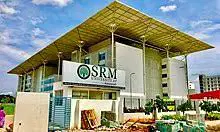




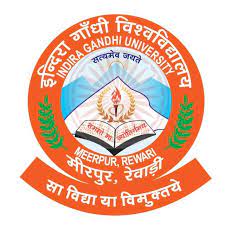




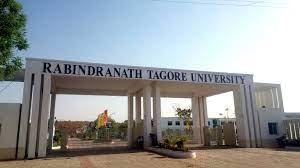
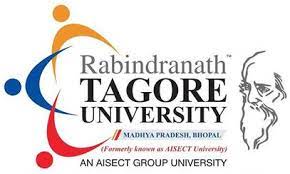
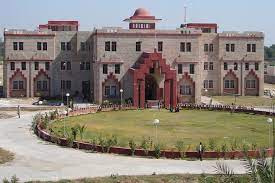







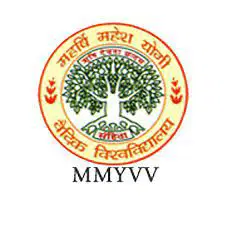





 back
back